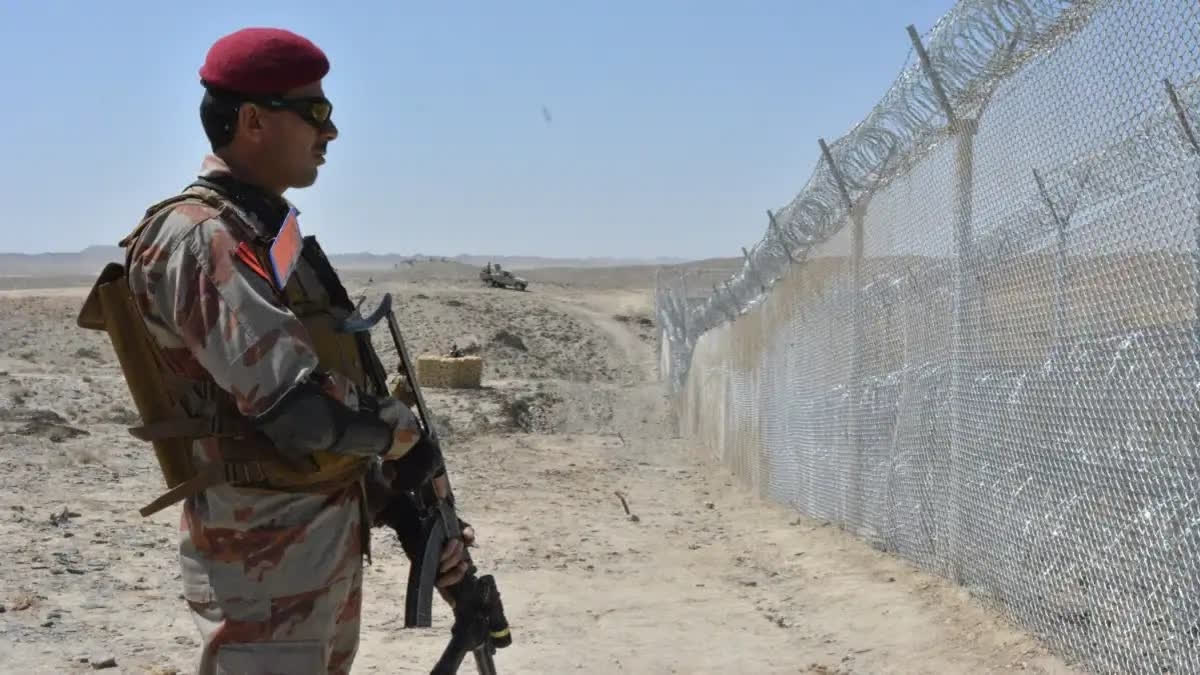New Delhi:The escalating tensions between Pakistan and Afghanistan are raising concerns about a potential conflict that could significantly affect the entire Southeast Asia and Eurasian regions. The development comes after Pakistan launched an airstrike in Afghanistan. The Taliban attacked multiple locations in Pakistan in response.
Meanwhile, India is monitoring the growing tensions between its two neighbours because a war between the two would be a major cause of concern for New Delhi’s security on several fronts, such as the refugee crisis and an increase in terrorism. Moreover, it is pertinent to note that the Ministry of External Affairs on Monday unequivocally condemned any attack on innocent civilians. “It is an old practice of Pakistan to blame its neighbours for its internal failures. We have also noted the response of an Afghan spokesperson in this regard”, MEA spokesperson Randhir Jaiswal said in a statement.
It is worth mentioning that in the 1990s, Pakistan used the Taliban to launch terror attacks on India. So, the question is what could the conflict between Pakistan and Afghanistan possibly mean for India? What is New Delhi doing?
In an exclusive conversation with ETV Bharat, India’s former high commissioner to Pakistan, Ajay Bisaria said, “The recent Afghanistan – Pakistan violence is largely a consequence of the flawed policies that Pakistan has adopted in dealing with its neighbours, privileging narrow military objectives, over sane diplomatic goals. On its part, India has adopted a pragmatic approach in Afghanistan, balancing engagement with the Taliban with pressure on them to eschew any anti-India activities. In contrast, Pakistan views Afghanistan as achieving strategic depth and influence. However, this strategy has backfired since the US withdrawal in August 2021”.
“Pakistan had hoped the Taliban would target the Tehrik-i-Taliban Pakistan (TTP), recognise the Durand Line, and keep India at bay. Instead, India and the Taliban have developed a pragmatic understanding, the Taliban disregard the Durand Line, and they support the TTP”, said Bisaria.
He noted that if Pakistan becomes further embroiled in Afghanistan, its army may face significant challenges from a force that has historically defeated multiple powers, including the British, Russians and Americans. “Ultimately, Pakistan must acknowledge that its "good Taliban, bad Taliban" policy has failed, and deal with the worsening crisis with diplomacy. A good starting point would be for the Pakistan army to regain its monopoly on force and disarm the militant outfits that it props up as part of its neighbourhood policy”, added the ex-diplomat.
